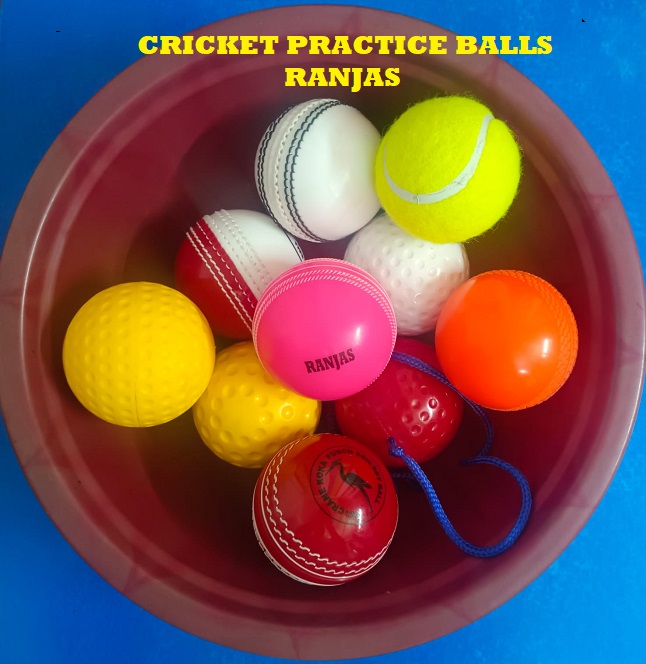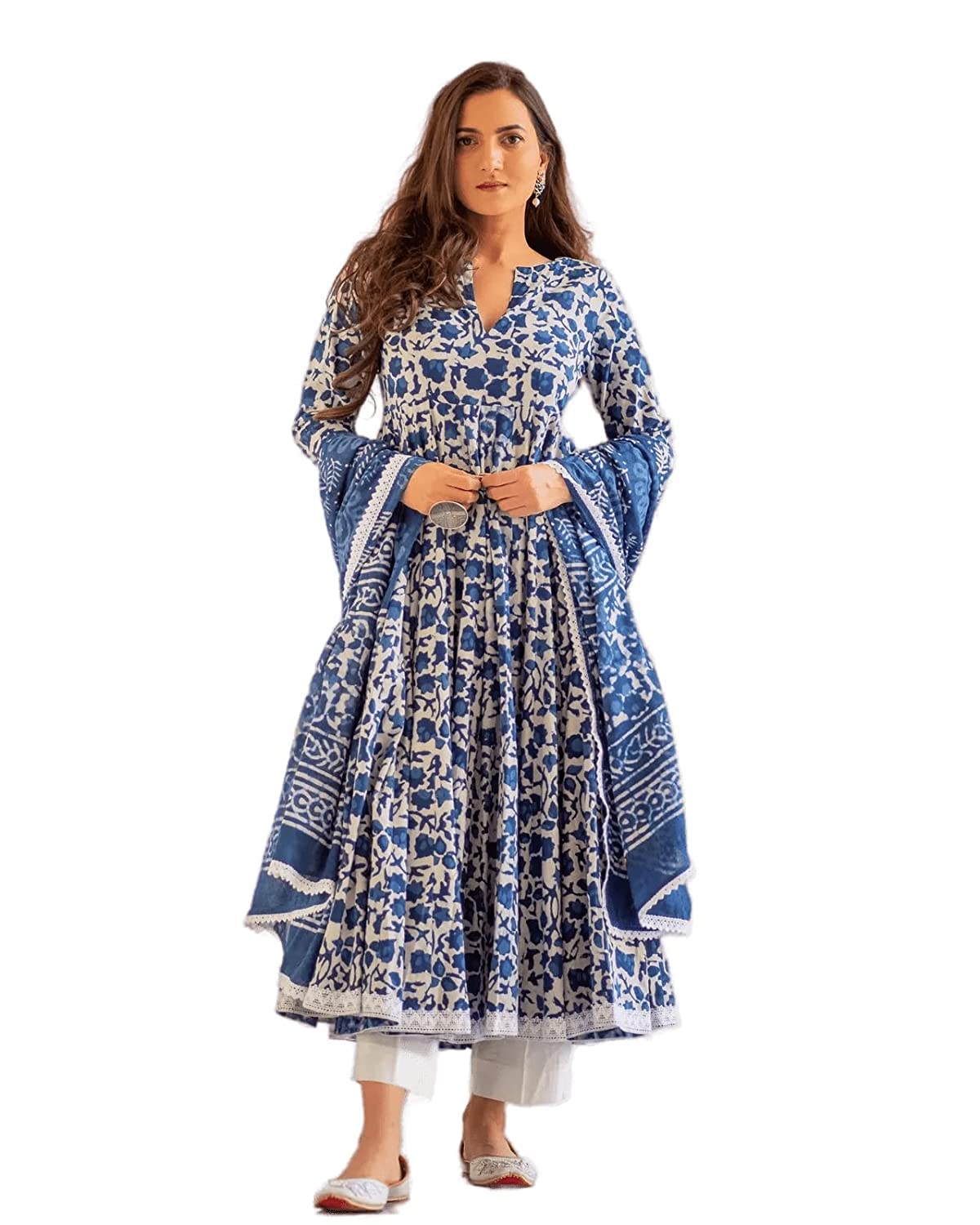The University of Delhi has formally initiated its admission procedure for the academic year 2025–26, with Vice-Chancellor Prof Yogesh Singh introducing the Common Seat Allocation System (CSAS) portal during a press briefing on Tuesday. This platform facilitates enrolment for undergraduate, postgraduate, five-year integrated law, BTech, PhD, and School of Open Learning (SOL) courses. Alongside the portal, the university also issued a ‘Bulletin of Information’ to assist applicants in navigating the process.
Prof Singh declared the commencement of two fresh postgraduate programmes — MA in Hindi Journalism and MA in Tourism Management — and further revealed that an MA in Journalism would soon be launched under the Department of English. To promote women’s education, DU has introduced a ‘Single Girl Child’ reservation in every PG course, allotting one seat per programme. He also mentioned enhanced features in the CSAS portal, including an auto-accept mechanism to prevent students from missing seat offers.
The Vice-Chancellor mentioned that admissions to the Non-Collegiate Women’s Education Board (NCWEB) would commence shortly and be determined based on Class 12 performance. He also stressed that the CUET-based intake system has expanded DU’s national appeal, attracting applicants from varied states and smaller towns.
The academic term is set to commence on August 1.
While sharing insights on PG admissions, Prof Singh noted that DU received 53,609 applications for 82 postgraduate programmes, with 13,432 total seats (inclusive of NCWEB). Among the applicants, 30,490 were female, 23,117 male, and two identified as transgender. The most in-demand courses included LLB (9,270 applicants) and MA Political Science (4,996). Significantly, 1,131 candidates applied under the ‘Single Girl Child’ category, while 90 applied under the orphan category.
Dean of Admissions, Prof Haneet Gandhi, stated that DU would grant entry to 79 undergraduate programmes across 69 affiliated colleges, with a total of 71,624 UG seats this year. The university is offering 186 BA combinations. She also noted that eligibility norms have been revised in accordance with the NTA’s updated subject list, allowing multiple eligibility options for increased student adaptability.
For BTech disciplines in computer science engineering, electronics and communication engineering, and electrical engineering, DU received 6,030 applications. Of these, 4,349 were from male candidates and 1,681 from female candidates. Under the Single Girl Child quota, 195 applications were submitted, while four students applied under the orphan category. Admissions to these programmes will be based on JEE (Main) Paper-I scores.
Director of the School of Open Learning (SOL), Prof Payal Mago, mentioned that PG admissions for SOL would follow the CUET route. However, specific courses — including MBA, BLISc, MLISc, and PGDADLM — will accept candidates without CUET scores. From this year, SOL will also offer sports quota seats at both UG and PG levels. Athletes with medals from national or international competitions will be eligible for fee exemptions and support. Additionally, SOL has launched Financial Support Schemes (FSS) targeting various groups such as PwBD, orphans, children of armed forces personnel, transgender individuals, university employees and their dependents, deserving female students, EWS, and sportspersons.
To aid candidates, the university has established nine helpline numbers, email assistance, and a chatbot for addressing admission-related concerns. SOL will also run two help centres starting June 22 to support applicants during the enrolment phase.




